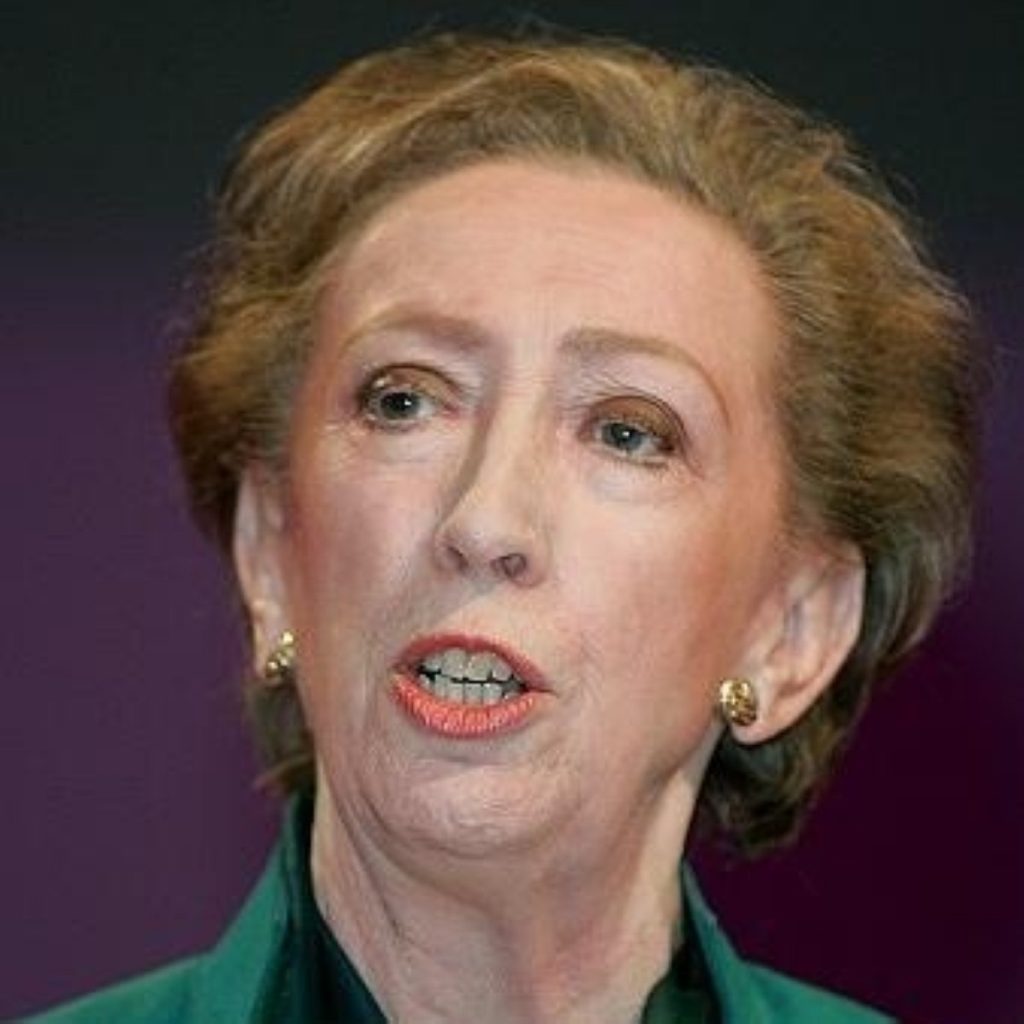Beckett: Moderate Muslims must make voices heard
Foreign secretary Margaret Beckett has urged British Muslims to speak out against terrorism to ensure their voice is heard and the extremists’ relegated to the background.
“There are nearly two million Muslims in this country. Many travel to and from countries with large Muslim populations – particularly in South Asia,” Ms Beckett told a conference in London.
“They are the most powerful potential ambassadors for Britain. The greatest means we have of bridging the divide which the terrorists are trying to widen.
“When fellow Muslims speak up against extremism and correct the skewed world-view of the terrorists, it is much more powerful, much harder to dismiss than when those same words are spoken by a government minister.”


But she said British Muslims were not the only ones that needed to act.
“I would call on the media, the experts and the commentators to help build a sense of common ground upon which we can all stand,” the foreign secretary said.
“Let us deny the terrorists the historical importance they claim to themselves. They have no right to speak for the great and noble faith of Islam.
“This is a not a battle between civilisations but a stand-off between the whole of society on the one hand and a fairly small and particularly nasty bunch of murderers and criminals on the others.”
Speaking to foreign affairs think tank, the Royal United Services Institute, Ms Beckett also addressed foreign policy in Iraq and Afghanistan.
She acknowledged that the situation in Iraq was “dangerous and volatile” but rejected calls for the UK to pull its forces out.
“We will do what we told the democratically elected government we would do – stay there as long as that government asks us to do so. We will leave when they can take the role of security in their country on their own shoulders,” Ms Beckett said.
“In both Afghanistan and Iraq we have to have the courage of our convictions.”
The foreign secretary also rejected the idea of some sort of cabinet agenda against Muslims as “dangerous nonsense”.
“Our foreign policy is simply not based on religion. It is based on our values and on our strategic interests. Both our values and our strategic interests lead us to want a safer, more just and more prosperous world for all,” she said.
She also found fault with the idea that foreign policy was responsible for terrorism.
“There is no path in reason or logic that connects disagreeing with military action against Saddam Hussein and setting out deliberately to kill civilians including Muslims on a Tube or bus in London,” she asserted.

